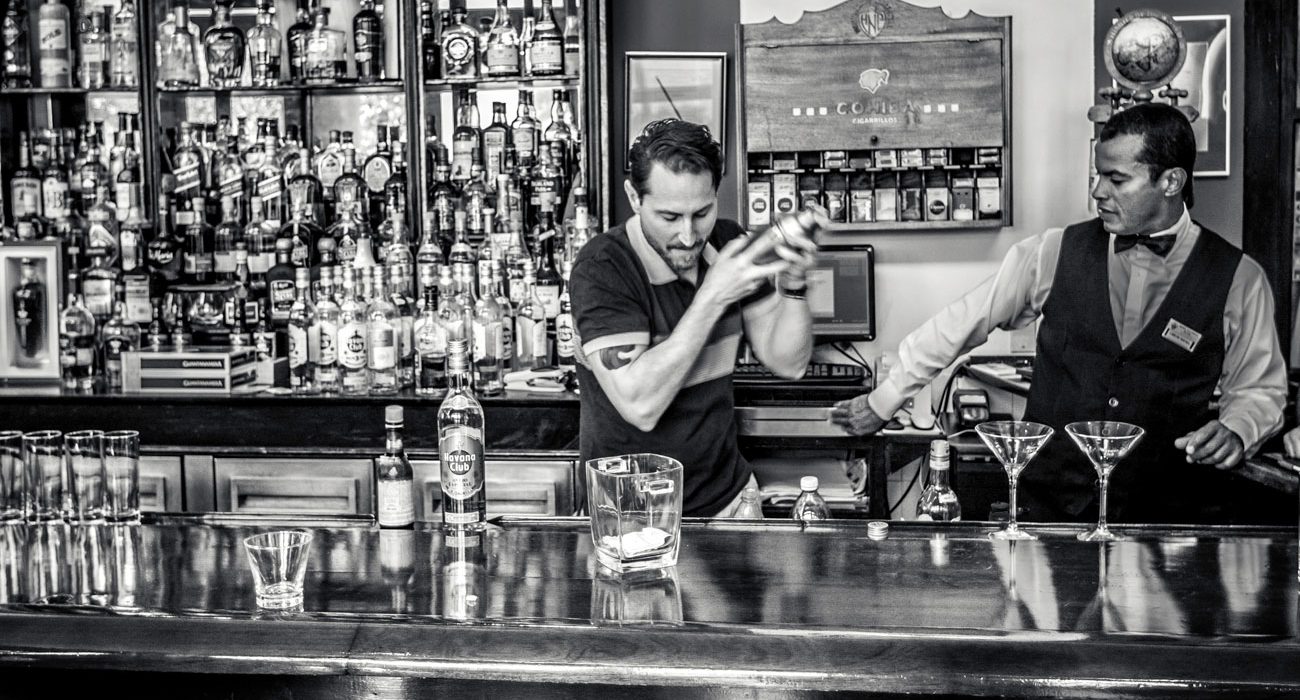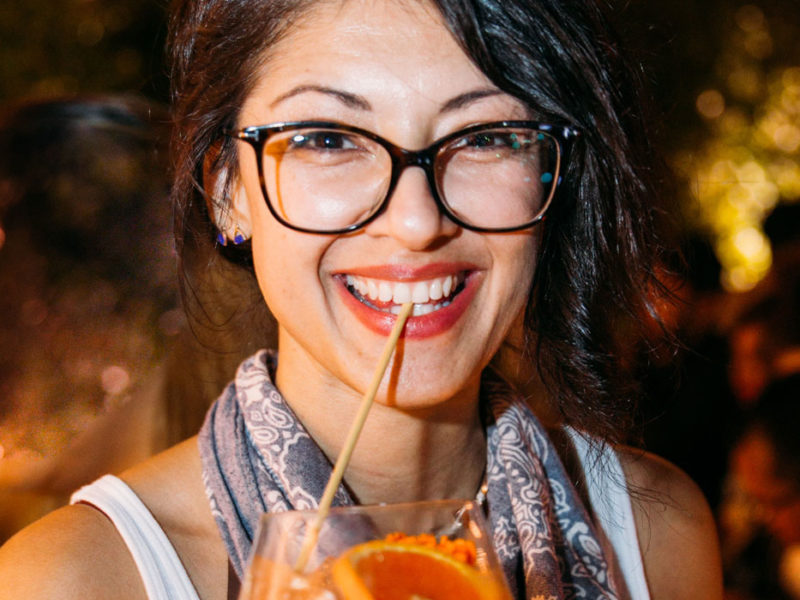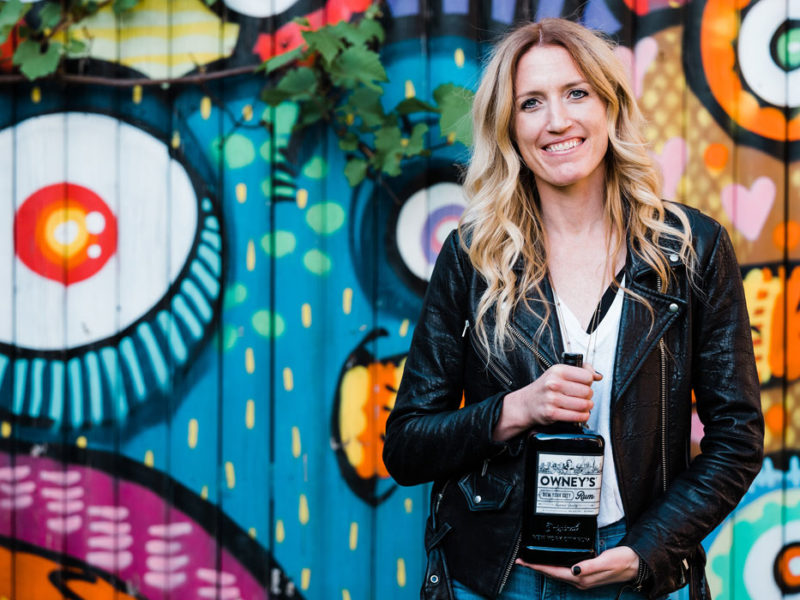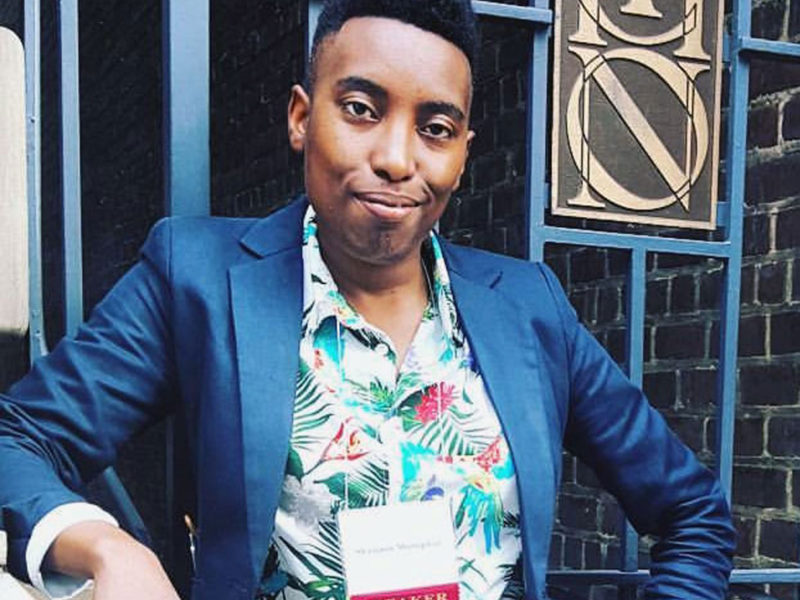When I arrived in Cuba for my first visit in early 2016, I was just coming off of my annual month of sobriety. After four weeks of not having a sip of booze, it seemed only fitting to have a delightfully frosty Daiquiri be the very first thing I tasted when I stepped onto Cuban soil.
Later that day, we gathered together a bunch of bar tools—as well as school and medical supplies—and headed straight to this glorious drink’s spiritual birthplace: La Floridita. I know that an American mining engineer named the Daiquiri and recorded the recipe for posterity, but this remains a thoroughly Cuban drink to me. He may have “invented” it (as much as anyone can lay claim to inventing rum, lime, and sugar), but it was Cuban cantineros who perfected it.
One by one, we were introduced to the bar staff, to whom we gave our tools and supplies for them to distribute as they saw fit. One by one, we were allowed behind that famed wooden bar to slip on a cantinero‘s jacket and of course, to make each other rounds of Daiquiris in the ever-whirring blenders. I elected to make Mulata Daiquiris, learning how to add the rum in stages, to read the texture of the ice as it churned into itself in a delightfully smooth vortex, to pour the concoction gracefully into those huge V-shaped glasses. To feel the history of that place was extraordinary, as precious little has changed in the decades since Constantino Ribalaigua was behind the stick. Part of me could even swear that bronze statue of Hemingway, perched in his favorite spot at the short part of the L-shaped bar, winked approvingly at me. Of course, I had drank a wee bit of rum by this point, so that part of my tale may not withstand further scrutiny.
The next day, we headed to the Hotel Nacional. We passed the shaded pool that Tarzan used to swim practice laps in (and that Greta Garbo used to swim nude in), and headed straight to the bar upstairs. We had planned ahead and brought our own pineapple juice and apricot liqueur, the two key ingredients for this Daiquiri variation that the hotel is often out of. Scarcity is endemic in Cuba, and even the most historic hotels aren’t immune to it. The bartender was very amused that we wanted to make our own cocktails, and gladly stepped aside to let a crew of gringos measure and shake to their hearts’ content. There I stood, in a hotel my father and grandfather wouldn’t have been allowed inside during Batista’s corrupt reign, preparing a sublime mix of tropical and orchard fruit for our party to enjoy. Was my joy conflicted? It certainly was. Was my palate singing? Abso-frickin-lutely.




